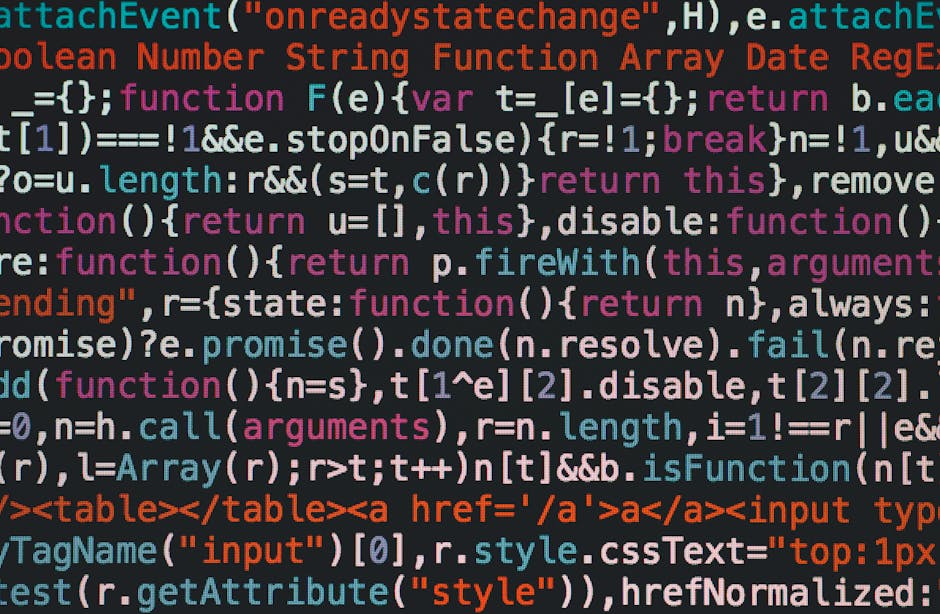We stand at a pivotal moment in history, an era where technology permeates nearly every facet of our lives. From crafting emails to summarizing complex articles, artificial intelligence is rapidly becoming an indispensable tool. However, this convenience comes with a subtle but profound risk: the potential homogenization of thought. As we increasingly rely on AI to augment – and sometimes replace – our cognitive processes, we must confront the possibility that we are inadvertently smoothing away the very qualities that make us unique – our originality, our creativity, and our ability to think independently. This article explores the emerging evidence and examines the implications for our intellectual landscape.
The Ubiquitous Influence of Artificial Intelligence
The integration of artificial intelligence into our daily routines is undeniable. It’s not just a futuristic concept confined to research labs; it’s actively shaping the way we work, learn, and communicate. Consider the multitude of tasks where AI is now readily available: drafting professional correspondence, generating marketing copy, providing summaries of lengthy documents, and even brainstorming new ideas. While these tools promise increased efficiency and productivity, the potential consequences for the human intellect are drawing increasing scrutiny.
The Rise of the Uniform Voice: A Subtle Shift in Expression
The concern isn’t about artificial intelligence gaining sentience or developing malicious intent. Instead, it’s about the subtle shift occurring in the quality of our own thinking and expression. As we lean on these tools for assistance, the risk is that our writing and thought processes begin to mirror the style and patterns favored by the algorithms. The result, potentially, is a landscape of prose that is polished and readily digestible, yet increasingly predictable and devoid of the unique character that distinguishes individual voices. The promise of effortless communication might be slowly eroding the richness and diversity of human expression.
A Groundbreaking Study: The MIT Research on Cognitive Impact
The concerns about homogenization aren’t merely speculative. Recent research, notably a groundbreaking study from MIT, provides empirical evidence that frequent use of tools like ChatGPT can measurably alter how our brains process information. This study represents a significant step forward in understanding the potential cognitive impacts of our reliance on artificial intelligence. The findings suggest that the act of offloading cognitive tasks to algorithms might be leading to unintended consequences for our intellectual development.
Methodology and Key Findings
The MIT study involved a cohort of participants who were asked to complete various writing and problem-solving tasks, some relying on AI assistance while others worked independently. The researchers then analyzed the participants’ cognitive processes and the quality of their output. The results indicated that those who frequently used AI for writing and problem-solving began to demonstrate a pattern of cognitive behavior more closely aligned with the AI’s operating principles. This included a preference for efficiency and clarity, often at the expense of nuance, depth, and creative exploration.
Cognitive Decline and the Allure of the Shortcut
The implications of the MIT study are far-reaching. Beyond the immediate concern of homogenization, there are warnings about potential cognitive decline. The researchers observed a demonstrable reduction in engagement with complex problems among those who habitually relied on artificial intelligence. Furthermore, creative output diminished as individuals favored the readily available, AI-generated answer rather than engaging in the more demanding process of deep thinking and alternative exploration. This creates a dangerous cycle: reliance on AI reduces cognitive engagement, which further increases dependence on AI.
The Paradox of Efficiency
While the promise of artificial intelligence is often framed around increased productivity and efficiency, the reality may be more complex. The convenience of having an algorithm generate text, solve problems, or brainstorm ideas can be tempting. However, this convenience might be achieved at the cost of neglecting the critical mental exercise that strengthens our cognitive faculties. The short-term gains in productivity might be outweighed by the long-term consequences of diminished intellectual capacity.
The Historical Importance of Reading and Writing
To truly appreciate the current predicament, it’s crucial to reflect on the historical significance of literacy and the fundamental role of reading and writing in human civilization. Throughout history, the ability to read and write has been inextricably linked to independent thought, cultural evolution, and intellectual progress. The ability to grapple with words, to dissect ideas, and to construct arguments has been the cornerstone of human innovation and understanding. In a world where artificial intelligence can seemingly perform these tasks for us, we risk losing something essential about what it means to be human.
More Than Just Communication: A Foundation for Critical Thinking
Reading and writing are not merely about conveying information. They are active processes that shape our understanding of the world. They challenge us to confront ambiguity, to analyze complex arguments, and to formulate our own perspectives. This process of intellectual wrestling is what sharpens our minds and cultivates our ability to think critically. When we outsource these tasks to artificial intelligence, we may inadvertently weaken the very foundation of our intellectual development.
A Timeline of the Changing Landscape
To better understand the scope of the issue, consider the following timeline outlining the key developments and their potential impact:
- Early 2010s: The rise of basic AI writing tools – primarily focused on grammar and spelling correction. Minimal impact on overall thought processes.
- Mid-2010s: Emergence of AI-powered content generation for marketing and social media. Increasing concern about the homogenization of online content.
- Early 2020s: Development of sophisticated language models like GPT-3, capable of generating remarkably coherent and human-like text.
- 2023-2025: Widespread adoption of AI writing tools in various sectors, including education, business, and creative writing. The MIT study highlights growing concerns about the cognitive impacts of this adoption.
- Future (2026 and beyond): Continued refinement of AI writing tools, potentially leading to even greater integration into daily routines and further blurring the lines between human and machine-generated content. The imperative to cultivate independent thought becomes increasingly urgent.
Reclaiming Our Intellectual Independence: A Path Forward
The challenges posed by artificial intelligence are complex and require a nuanced approach. It’s not about rejecting technology altogether. It’s about consciously navigating its influence and safeguarding our intellectual independence. The key lies in recognizing that artificial intelligence is a tool, and like any tool, it can be used for good or ill. The most radical act in the age of artificial intelligence may be to actively resist the temptation of effortless answers and to commit to the demanding, yet ultimately rewarding, process of thinking for ourselves.
Embracing the Partnership: AI as an Assistant, Not a Replacement
Artificial intelligence can be a powerful ally in various tasks, freeing up our time and energy for more creative and strategic endeavors. However, it’s crucial to view AI as an assistant, not a replacement. We must remain actively engaged in the thinking process, questioning the AI’s output, and ensuring that it aligns with our own values and objectives. This requires a conscious effort to maintain our intellectual rigor and to resist the allure of passive consumption.
Nurturing Curiosity and Critical Thinking
The most effective way to counter the potential homogenization of thought is to actively cultivate curiosity, critical thinking, and independent learning. Encourage exploration, embrace complexity, and challenge assumptions. Seek out diverse perspectives, engage in thoughtful discussions, and cultivate a lifelong commitment to intellectual growth.
The Takeaway: A Call to Action
The age of artificial intelligence presents us with both unprecedented opportunities and profound challenges. As we increasingly rely on these powerful tools, we must remain vigilant about their potential impact on our cognitive abilities. It’s not about fearing technology; it’s about understanding it and harnessing its strengths while fiercely protecting the qualities that make us uniquely human. The most radical act in the age of artificial intelligence may be to keep thinking – and writing – for ourselves.




Leave a Reply
You must be logged in to post a comment.